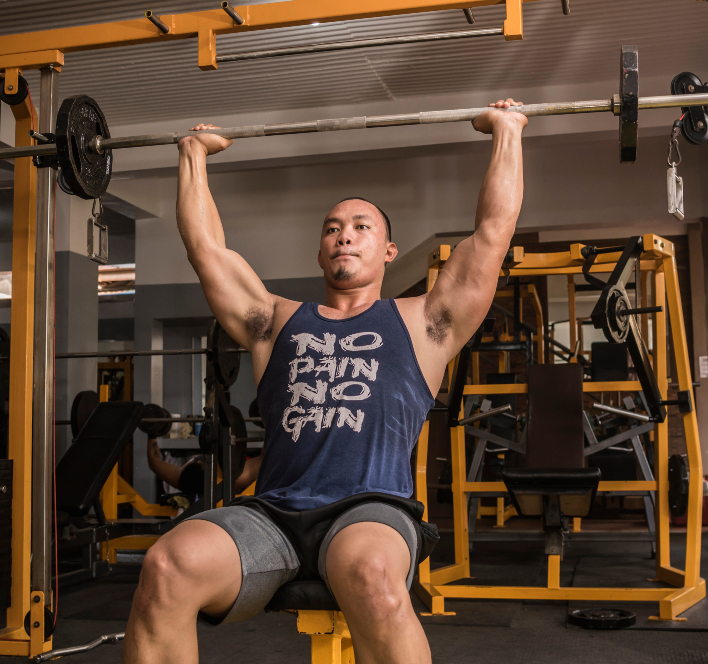A bulging cervical disc can be extremely painful and, in some cases, lead to permanent disabilities. People with bulging cervical discs typically experience pain in the cervical spine, neck, shoulder, arms, and chest, whereas some…
Shoulder tendonitis and rotator cuff injuries don’t only occur to athletes. Anyone who overuses their joints without warming up or resting can do long-term damage to these sensitive parts of the body.
You have options, though, should you deal with unwanted shoulder pain. The Orthopedic & Laser Spine Surgery team can talk to you about the treatments that may best help your body heal. We can also help you avoid exercises that might worsen your condition.
Shoulder Tendonitis and Rotator Cuff Injuries
Shoulder tendonitis describes a condition wherein the cartilage and other tissue within your shoulder joint end up swollen. This condition can make it difficult and painful for you to move your shoulder.
Rotator cuff injuries come in many forms, but none of them are good for your overall mobility. Both of these conditions are caused by the repetitive movement of your shoulder and rotator cuff. You need to schedule regular breaks into your exercise routine if you want to avoid permanently damaging your shoulder joint.
Exercises to Avoid
Are you concerned about developing a rotator cuff or shoulder injury? Have you already been a victim of shoulder tendonitis? Don’t worry. There are still ways for you to exercise and enjoy yourself. However, there are specific exercises that you should consider avoiding.
You don’t have to write these exercises out of your logbook entirely. Instead, engage in them carefully and infrequently. The more care you take with your body, the easier it’ll be to avoid unwanted shoulder and rotator cuff damage.
Overhead Lifting
Overhead lifting and military presses are often conflated in the gym. In reality, overhead lifts see you take a dumbbell or similar weight and hold it behind your head. The exercise itself sees you raise and lift this weight in sets.
Under most conditions, overhead lifting allows you to exercise new muscles in your arms. However, the mobility that these lifts require can also see you damage or overexert your shoulder joint.
Rowing
Rowing machines allow you to move more than your arm muscles. You also exercise your pecs and your abdominals. However, too much rowing — particularly in an athletic environment — can irritate your shoulder joint.
You can explore rowing exercises from different angles if you want to improve your rowing ability. Consider meeting with a personal trainer or a physical therapist to discover how to get rowing benefits without the shoulder strain.
Military Presses
Military presses see you squat and lift a bar with its weights above your head. You should not engage in these exercises without first learning the appropriate form. Moreover, the constant lifting of considerable weight over your head can damage the bones of your shoulders.
To reduce the strain of a military press, consider substituting a bar and weights for dumbbells.
Pulldowns
You conduct pulldown exercises while using a machine at the gym. These exercises see you pull on a bar to lift a considerable weight. If you engage in this exercise too often, the rise and fall of those weights can irritate your shoulder joint.
It’s in your best interest to take regular breaks when doing pulldowns. Alternatively, consider lightening the weight that you’re lifting. Doing so does not reflect poorly on your skill. Instead, it allows you to look after yourself.
Let’s Discuss Your Shoulder and Back Pain Today
In an ideal world, the exercises you do to strengthen your body would never harm you. Unfortunately, exercising with improper form or without consideration for your body’s needs can result in serious injury. Medical professionals must address your shoulder tendonitis and rotator cuff injuries if you want to get back into the gym.
You’re in luck if you’re looking for someone to help address your shoulder tendonitis and rotator cuff damage. Our spine surgeon team at Orthopedic & Laser Spine Surgery is scheduling sessions. Our team tailors our recommended treatments to suit your capabilities and pain levels. You can schedule an appointment through our contact form or by calling (866) 646-5090.

